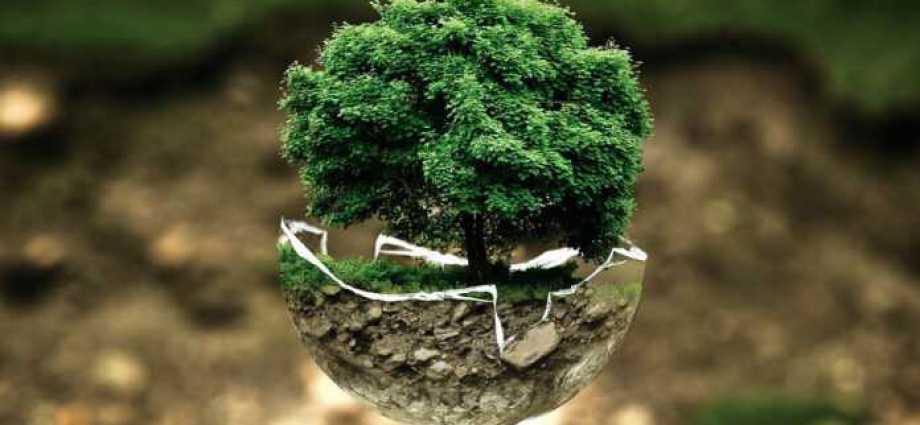MSF Launches “Clima Yaakaar”: Blending Art and Activism to Spotlight Climate Health Crisis MSF Launches “Clima Yaakaar”: Blending Art and Activism to Spotlight Climate Health Crisis As the world prepares for COP30 in Brazil, Médecins Sans Frontières (MSF) is breaking new ground by merging art and health advocacy. In a powerful move, the medical humanitarian organization has unveiled “Clima Yaakaar,” a groundbreaking artistic collaboration featuring West African musicians and dancers aimed at amplifying the voices of communities most vulnerable to the climate crisis. The Human Toll of Climate Change The climate emergency is not a distant threat—it is killing people now. This harsh reality, witnessed daily by MSF teams in the field, has found a poignant and artistic expression through “Clima Yaakaar.” The initiative features the song “Oya,” composed by Malian artist Mao Sidibé, paired with a compelling choreography created by Senegal’s prestigious École des Sables, founded by the internationally acclaimed Germaine Acogny. Behind the art lies a distressing medical reality that MSF has documented across the globe. Dr. Didier-Mukeba Tshialala, Medical Coordinator for MSF in West and Central Africa, underscores the severity of the situation: “The climate emergency is a true health emergency. The most vulnerable communities—especially women and children on the front lines—are paying with their health and lives for a problem they did not create.” 2024: A Year of Unprecedented Heat and Health Crises The year 2024 shattered global heat records, continuing a decade of exceptionally high temperatures. This warming trend has translated into a surge of health crises worldwide. From catastrophic flooding across West Africa and South Sudan to devastating cyclones in Madagascar and prolonged droughts in the Horn of Africa, the impacts are both widespread and severe. In the Sahel region, a lethal combination of malaria and malnutrition is overwhelming pediatric services, forcing MSF teams to provide year-round prevention and treatment for malnutrition—a stark departure from seasonal interventions of the past. Turning Patient Testimonies into Art with a Purpose The lyrics of “Oya” draw directly from testimonies gathered by MSF from patients in Niger, Cameroon, and Madagascar. This approach lends the work a rare authenticity, transforming real suffering into a message of hope and a call to action. Mao Sidibé, the artist behind the composition, explains: “The artistic approach brings together several emotions: sadness, urgency, a spirit of protest, but also hope. Together, we are stronger.” This vision captures the project’s ambition—to move beyond mere condemnation and inspire concrete solutions. The initiative highlights three primary mechanisms through which climate change impacts health: the easier spread of infectious diseases, the intensification of extreme weather events, and the rise in severe heat episodes. According to the latest report from the Intergovernmental Panel on Climate Change (IPCC), nearly 70% of deaths worldwide are linked to climate-sensitive diseases. Art as Advocacy in the Lead-Up to COP30 The timing of “Clima Yaakaar” is strategic. Launched just months before COP30 in Brazil, the project is part of a broader advocacy effort to maintain pressure on political leaders. Despite repeated promises from wealthy, high-emitting nations to support the most vulnerable countries, tangible action remains disappointingly slow. For MSF, art has become a new vehicle for awareness—complementing medical reports and on-the-ground testimonies. “Through art, we want to remind people that hope exists—but only if we act now,” emphasizes Dr. Tshialala. This emotional approach may resonate with audiences typically less responsive to traditional NGO messaging. A Collaboration of Prestige and Purpose The involvement of Germaine Acogny’s École des Sables lends significant artistic credibility to the project. This partnership between contemporary African art and medical advocacy reflects a growing trend: using cultural expression to communicate urgent social and environmental messages. Yet the challenge ahead remains immense. In the face of the escalating climate crisis and its devastating health impacts, “Clima Yaakaar” is just one piece of a much larger awareness-building effort. But by giving an artistic voice to the most vulnerable, this initiative may help shift public perception—from viewing climate change as a future environmental issue to recognizing it as a present-day health crisis demanding immediate action. As world leaders prepare to gather later this year, projects like “Clima Yaakaar” serve as a visceral reminder: climate justice is health justice, and the time to act is now.
2025-09-18


